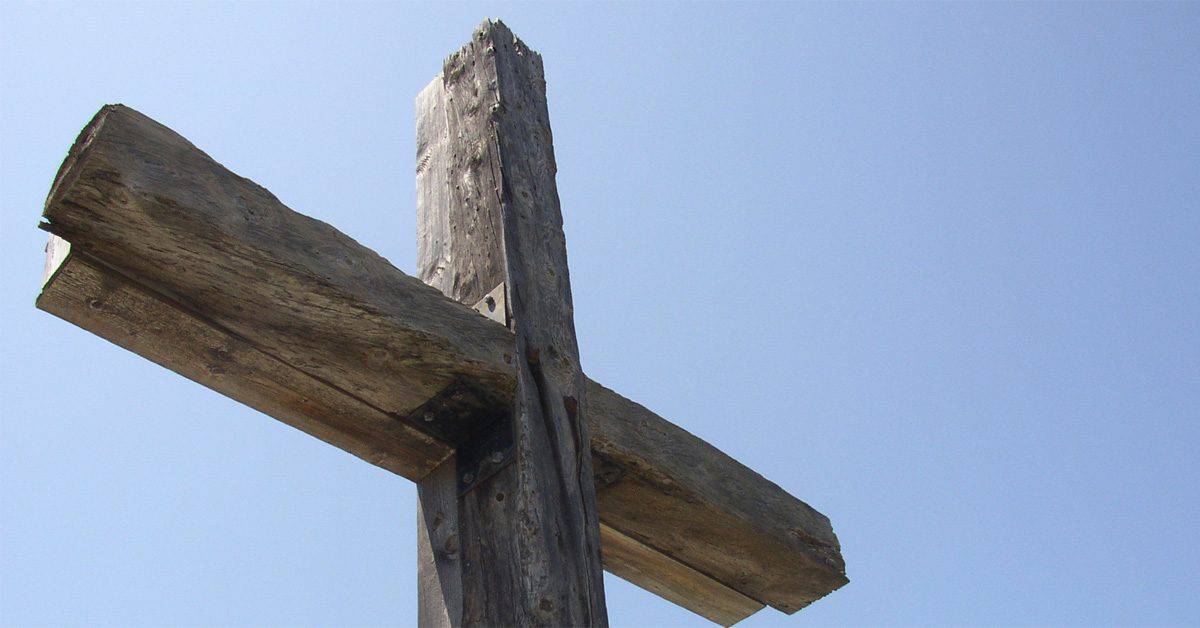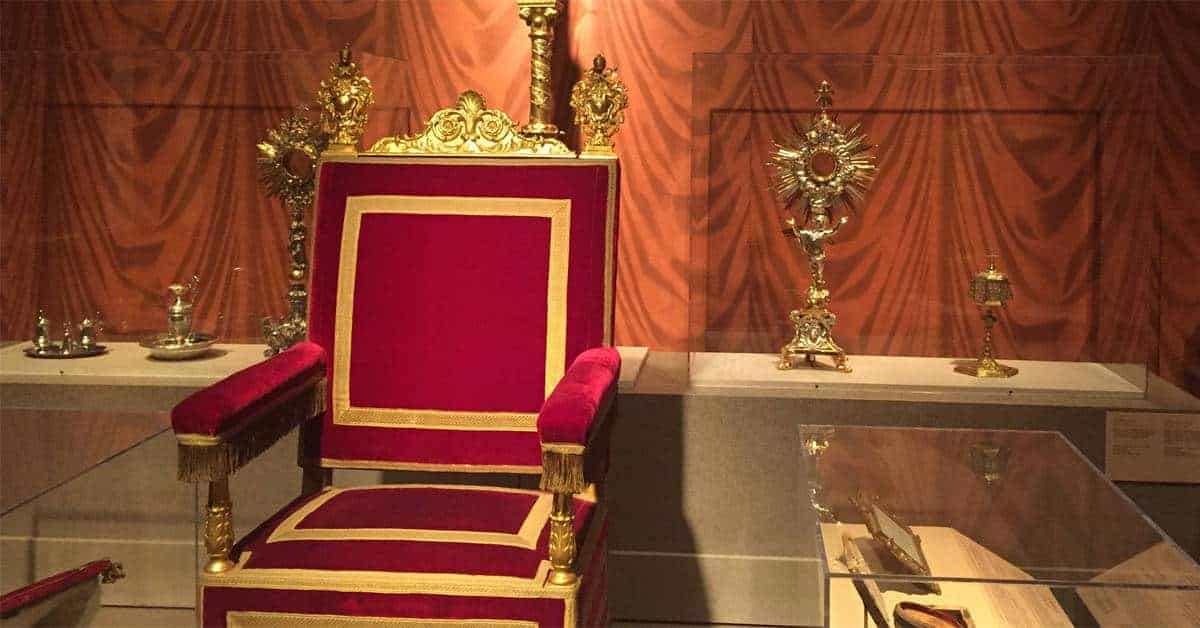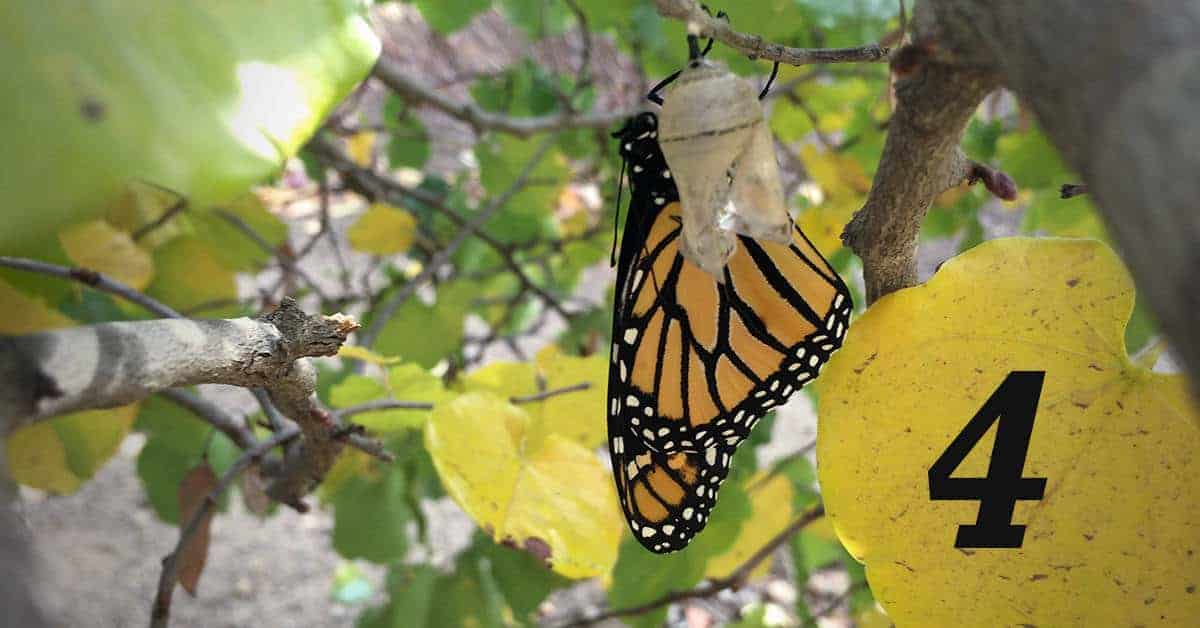Good Friday and Easter weekend are upon us.
And I returned home just in time from my ten days in Texas. This was one of those wild trips where I met so many people and experienced so many awesome opportunities. I did a video interview about my view of the church, and a future podcast interview with Tracy Levinson, who wrote a wonderful book, Unashamed, and appeared with Brad and I on three previous podcasts: Unashamed, Taking Shame out of Sexuality and Mutually Shared Selfishness. I also got to meet her husband, Bruce, and they graciously loaned their car to me for a week after I lost my driver’s license at LAX somewhere after I cleared security and was unable to rent one.
I also visited the George W. Bush Presidential Library, celebrated my birthday too many times with old friends and new, did my TEDx talk at ACU (which won’t appear online for a couple of months), and along the way watching God do some deep work in the hearts of very specific people. In addition, God may have found us a co-author to help with a new book I’ve been contemplating with a good friend of mine, called The Language of Healing, in contrast to the rhetoric of animosity and vitriol we see in our country and too many family relationships. It was a fruitful trip indeed in so many ways. I always come away from such trips reminded that it’s friendships that make us rich.
After I returned, Sara and I spent an evening with a couple who have asked us to help them understand better how we live this journey. They are originally from Mexico and one doesn’t speak English very well. Because it was Easter week, we talked about the death of Christ and what it accomplished in God’s plan of salvation. They had never heard a non-appeasement based view of the cross before and it was a joy to watch their faces light up, and wrestle with the questions it triggered. At the heart of that for me is always, Who did Jesus die for?
I grew up believing that Jesus died to satisfy God’s need for justice. God was so offended at the sin of humanity that to save us he had to exact our punishment on the most innocent human being who had ever lived. By tormenting his own Son to death, he was relieved of his anger and offense for our sins. If that saves us from the punishment we deserve, that’s still a good story, but it leaves us with a distorted view of God. It paints him as a Deity only sated by bloodlust. That’s how many teach it, but honestly it so distorts what Scripture says and what God did.
That view has Jesus dying for God, when Scripture is clear that Jesus died for us. Those who teach appeasement, do so from Old Testament passages that see the Suffering Servant in incomplete terms. A fuller view of the cross can be seen in the New Testament by those who have been transformed by it and saw that it wasn’t truly about punishment, but curing humanity from the destructiveness of sin. They saw the cross as the basis of forgiveness, reconciliation, and opening the door to a relaxed relationship with the God who has always loved us.
Our relationship with God was not broken from his side. It was broken from ours. We’re the ones who sinned and fled into the darkness afraid of what God might do to us. But from the beginning he was at work from his side to restore the friendship he had lost and redeem us from the devastating effects of sin. As the deceived Creation we were estranged from God by our sin and shame. Jesus’ sacrifice was to reverse all of that. by becoming sin itself (2 Cor. 5:21) he was able to hold our sin before God as his consuming love “condemned sin in the likeness of sinful flesh.” (Romans 8:4)
Jesus didn’t die to satisfy God’s need to punish sin; he died so that sin might be destroyed in him. Then, we could be restored to the relationship God had always wanted with us. The cross was about reconciliation not punishment. Sin needed to be destroyed, not humanity punished.
I love talking about this stuff with people who never heard of it before. As our friends said when they left that night, “This changes everything !” Indeed, it does. And in ways they can’t even imagine yet. Now they will see God not as an angry deity needing to exact punishment, and one still needing to be appeased by our sacrifices or offerings today. Instead, they will see him as a loving Father rescuing his children from their helplessness (Matthew 9 and Romans 5) to sin’s power. They will know God is not one to be appeased, but one who holds great affection for his children. It’s a story that has changed my life and launched Sara and I on a new trajectory some 24 years ago. If you’d like to hear more, I did over eight hours of teaching on this in Transition, which is available on this website for free. Also, Brad and I did a recent podcast on Does God Need to Be Appeased?









Thank you Wayne, Easter Blessings to you and Sara. 🙂
Wayne: thank you, in all your busy-ness, for taking the time to remind us of the real miracle in the death and resurrection of Jesus. We desperately need to continue talking about it, especially when Easter weekend has long since past.
Like those friends you shared this with, my own realization of the truth of the cross brought the same response: ““This changes everything!” Indeed, it does. And in ways they can’t even imagine yet.” As each day goes by, something else changes in light of the cross. It amazes me how little we talk about this, and explore it with each other.
The answer to “Who did Jesus die for?” is a given: for all of humanity. It gets more interesting when we ask, “Why did Jesus die?” or “Why did there have to be a death?” As Paul acknowledged, we grow up in a reality where death is reigning. Most of us don’t realize this until we notice that our bodies are aging. “… in the day that you eat of it, you shall surely die.” Our greatest adversary has always been death, and the power of death, including sin and shame and covering. I am beginning to see that it has always been God’s “kind intention” to conquer death on our behalf.
In order for there to be a death, there must first be a life. The life of God in the Son of Man includes a conception, a birth, a death and a resurrection. Jesus’ life is the first human life that was completed through all these steps and stages. In that life, death and everything associated with death was conquered by a resurrection. That life was made to “be sin,” and today that Life contains everything else but sin. Today, that resurrection life reality exists for us, but only in the Person of Jesus, as he is, at this very moment.
Paul gets very excited about this reality and tries to describe it over and over: “In him, there is _____!” “We are saved by his life!” “In him, … in him, … in him …” This is a transformation reality, established by God, IN his Son, that he continually invites us into. In him is our only access to his resurrection. “I am the resurrection and the life.” “I am the way, the truth and the life.” The resurrection invites us into his life, and away from the death that continues to overwhelm us.
Until we begin to see the invitation into Jesus’ resurrected life, we will continue to gravitate toward death, because it is all we know. Even though the best of death looks good, it is still death. ” … and everyone who lives and believes in Me will never die. Do you believe this?”
Wayne, thanks, but I’d encourage you to proof read and edit check this, it seems a shame to got have it read perfectly, there’s quite a few disruptions to its flow which are distracting. Kind regards and happy Easter, Nathan
Hi Nathan. Honestly I don’t try to post blogs with typos in them, but some days my life is just too busy and it is all I can do to post something before I’ve got to be somewhere else. So, there are times when I miss some things. I know some people are really bugged by that. When people send me typos, I always go back and fix them. But I don’t see a blog post the same way I do a book. I do read them over a few times and catch what I can, but this is a much quicker way to communicate and it isn’t designed to be perfect. I’m truly sorry for those of you who find them difficult to read if I haven’t caught everything.
Thank you for this message. Best wishes for a happy Easter to you and Sara
Are you Karen’s mom? Great to have your comment here. We’re on our way to see the new grand puppy in Denver. 🙂 Blessed Easter to you and yours….
Love this and shared it.
It’s what we, broken people – lost and looking for a father, a family and a home – need to hear.
I try to also remember it was fellow humans, driven by a desire to maintain religious and political power that chose to kill him – a continual reminder against seeing religion and/or politics as an absolute answer.
Happy Resurrection weekend Wayne.
Thanks, Fred. Sadly, today it is those same religious leaders who foster the appeasement based view of God to hold people under their power in fear.
Even if God was curing sin through Jesus he still allowed his innocent son to be tortured on our behalf. I like the view that the cross is all about God and Jesus demonstrating to us the all encompassing and all overcoming power of his love. What greater love has a man for his brother (or sister) but that he would lay down his life for him/her. This was Jesus decision to demonstrate the magnitude of Gods love.
But Father didn’t do the torturing, and that makes all the difference. It was what broken humanity did to love in its purest form.
I have been listening to your Transition series and am on #4 – The Cross. I am so thankful I found your messages. Father (I’m still learning to think of him like that) has had me on a journey the last several years (like about 10!). I wish he had brought me here first, but then I probably wouldn’t have been ready for it. You said in one message how old you were the first time you heard this way of seeing the cross. I’m nearly 67, and I also wonder why it took so long to learn this! So much to unlearn.
Anyway, what I wanted to comment on was what you said about sin and shame and what it took on the cross to eradicate it there. Something that has bothered me for a very long time–and I’ve never told anyone because I was afraid of how they would react–was the fact of the actual, physical part of the crucifixion. I remember hearing the description of what happens to the body during crucifixion and thinking, “So? Other people were crucified, too.” They went through the same thing. Yes, some of them were bad people (some may not have been–maybe they just made Rome mad), and Jesus was the sinless Son of God, but it just never made sense to me to focus so much on the physical pain. NOW, what happened on that cross makes much more sense!
I’m not there yet in my understanding of Father’s love, but I feel myself being drawn closer and closer each day. I know it’s coming!
Hi Bev. I’m glad it helped. I think HOW Jesus died–crucified on a cross–was not God’s doing, it’s how fallen humanity acted against the love in its purest form. For some reason it had to destroy it, and crucifixion was the means to do so at the time. As you mentioned, crucifixion happened to many people back then and it didn’t redeem humanity. What did redeem us is what was going on inside Jesus during that horrible death. It had to be horrendous physically, and even more so with what was going on inside of him, allow sin to be held inside Father’s love until it was destroyed. I don’t get the physics of all of that, but I do understand from his prayer in Gethsemane, that this was the ONLY way to do it. If not, I think he and Father would have found an easier way.
Can you imagine what God chose for himself, when he set humanity in is Creation and give them free will, knowing he would suffer most for our brokenness. What magnificent love!
Please post a link to the TEDx as soon as it becomes available. I’m very interested to see that. Thanks for all you do brother.
I’m sure we’ll mention it on the podcast, but I’ll also announce it on my Lifestream.org blog If you want the latest info on anything I’m involved in, it’s best to subscribe to that blog. News will show up in your inbox as soon as we know here.